First Look: Coda Electric Sedan
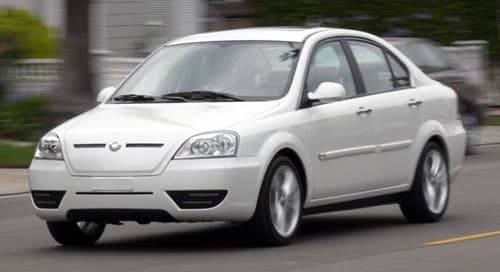
Would you pay $45,000 for a small, Chinese-made electric car with a 100-mile-or-so driving range, even if it were eligible for a $7,500 federal tax credit? That’s the question Coda Automotive will find out the answer to next year when it launches its four-door, five-passenger sedan in California.
Coda Automotive is a spinoff of five-year-old low-speed-EV seller Miles Electric Vehicles. The car is based on China’s state-owned Haifei Auto’s Saibao sedan platform and will have a range of 100 miles. There’s no on-board generator, so after about 100 miles (as much as 120 miles in optimal driving conditions) it has to be plugged back into a power outlet.
Many eco-friendly small cars, like the Honda Insight and Toyota Prius, use aerodynamic styling to visually communicate and augment their frugal powertrains, but the Coda isn’t one of them. It has the sleeper looks of a people’s car, not a swoopy, zero-emissions vehicle.
Underneath the Coda’s anonymous sheet metal is a different story. Coda CEO Kevin Czinger is quick to point out the sedan’s cutting-edge, 333-volt lithium-ion batteries and the performance they’ll provide in tandem with the EV sedan’s 100 kW (134 hp) electric motor.
“This is a vehicle that provides sufficient utility to satisfy more than 90% of most drivers’ needs,” Czinger said. “It has zero to 60 acceleration of less than 11 seconds, which we believe is good performance for a five-passenger sedan. With the [$300 to $500] optional fast charger, you’ll be able to recharge the batteries up to 80% [capacity] in 10 to 15 minutes.”
Without the fast charger, the Coda EV will require five hours to charge using a special 220-volt plug installed in your home, or up to 30 hours if trickle-charged using a standard 110-volt plug.
At first, lithium-ion batteries will be produced in China in a joint-venture between Coda and Chinese battery manufacturer Lishen. Czinger said Lishen is the same company that makes lithium-ion cells for Apple, Samsung and Motorola. Eventually, Czinger said, Coda has plans to build a battery factory in the U.S. with a yet-to-be-named domestic battery company.
I sat in the back of the Coda test car during a brief ride-along. Its acceleration felt satisfactory — certainly on par with mainstream American sedans. The electric motor was a bit on the noisy side compared with other electrics I’ve ridden in. A four-wheel independent suspension gave it a good ride.
What concerned me, though, was the vehicle’s interior quality. The tester came off the same assembly line in China that Haifei uses to build its conventional cars, but it’s not up to the high standards Americans are used to — even in a compact car, but especially for a vehicle that’s expected to carry a mid-$40,000 price tag. Coda execs promise that improving interior fit and finish is a high priority between now and the start of sales. What can’t be fixed is the rear seating. I found the second row to be incredibly cramped, even though I’m only about 5-foot-11. The generously sized trunk takes too much space away from rear passengers.
Safety is important. Czinger promised Coda expects its car to achieve a top, five-star crash-test rating using Europe’s NCAP assessment program. It will also have an advanced airbag system and electronic stability control.
Coda’s electric powertrain isn’t the only part of its car that’s unconventional; so is Coda’s sales model. The company will only sell vehicles through its website, not at brick-and-mortar dealerships.
“We’re going to have a direct sales model, where we funnel sales to our website,” Czinger said. “We’re talking to several service partners, where people in California will be able to go for a test drive before they buy.”
The site will feature an application that asks buyers to enter information about their daily driving habits to see if the car’s utility will meet their needs before they schedule a test drive.
A limited battery supply will limit first-year sales to only California and a maximum of 2,700 vehicles. Leasing won’t be an option. Buyers can finance the purchase or pay the purchase price up front.
How will Coda drivers recoup the high price of their car? The company estimates it will only cost around $3 to drive 100 miles, versus $17 per 100 miles in a 20-mpg car. That’s supposed to save about $20,000 over 10 years.
Czinger said he expects costs to come down as Coda makes more progress in its battery technology and scales up its production.
Compared to the upcoming Chevrolet Volt extended-range electric vehicle, which is expected to have a similar price, a 40-mile electric-only range and a 600-mile total range (the batteries can be recharged while driving by an onboard, gasoline-powered generator), the Coda EV sedan could be a tough sell, even to consumers who care only about what doesn’t come out of their car’s tailpipe – not their wallets.
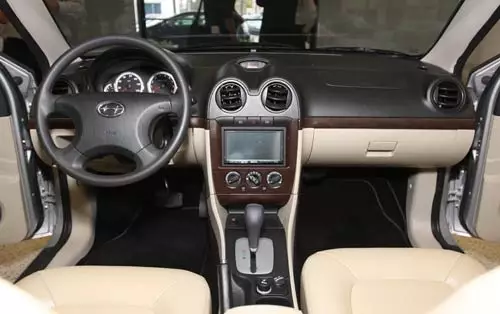
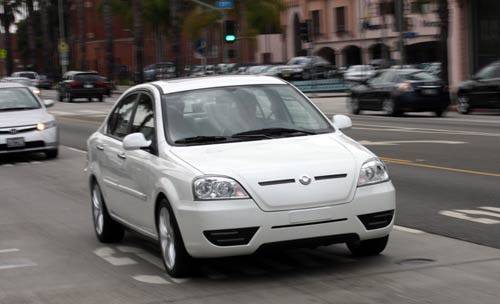
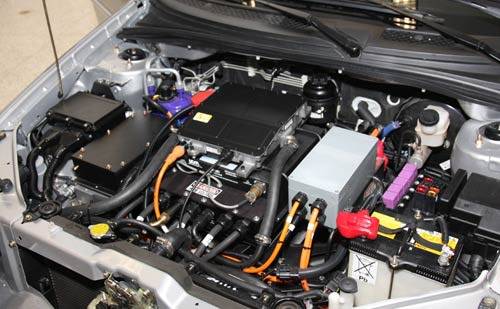
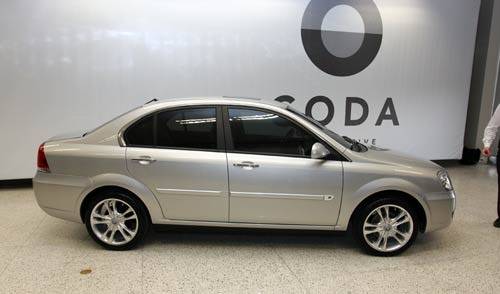
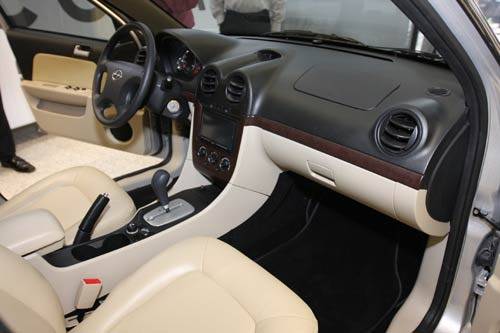
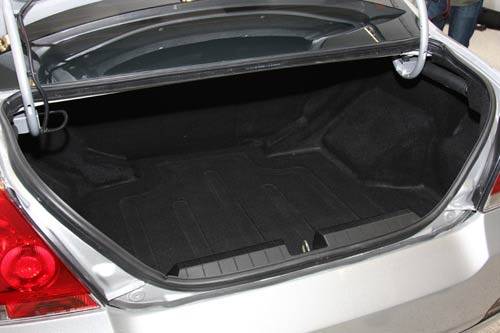
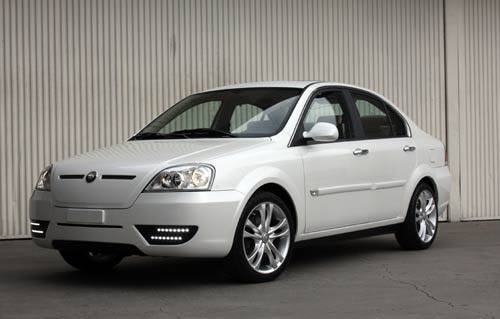
Featured stories




